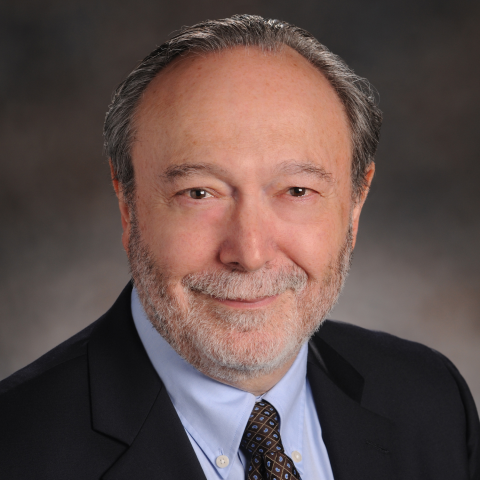Docente

Stephen W. Porges, Ph.D. è Distinguished University Scientist all'Indiana University, dove è il direttore fondatore del Traumatic Stress Research Consortium nel Kinsey Institute. È professore di psichiatria all'Università del North Carolina e professore emerito all'Università dell'Illinois di Chicago e all'Università del Maryland. È stato presidente della Society for Psychophysiological Research e della Federation of Associations in Behavioral & Brain Sciences ed è un ex destinatario del National Institute of Mental Health Research Scientist Development Award. È l'ideatore della Teoria Polivagale, una teoria che sottolinea l'importanza dello stato fisiologico nell'espressione dei problemi comportamentali, mentali e di salute legati alle esperienze traumatiche. È il creatore di un intervento basato sulla musica, il Safe and Sound Protocol ™, che attualmente è usato da più di 1500 terapisti per migliorare l'impegno sociale spontaneo, per ridurre la sensibilità dell'udito, e per migliorare l'elaborazione del linguaggio, la regolazione dello stato e l'impegno sociale spontaneo.
Stephen W. Porges, Ph.D. is Distinguished University Scientist at Indiana University where he is the founding director of the Traumatic Stress Research Consortium in the Kinsey Institute. He is Professor of Psychiatry at the University of North Carolina, and Professor Emeritus at both the University of Illinois at Chicago and the University of Maryland. He served as president of the Society for Psychophysiological Research and the Federation of Associations in Behavioral & Brain Sciences and is a former recipient of a National Institute of Mental Health Research Scientist Development Award. He is the originator of the Polyvagal Theory, a theory that emphasizes the importance of physiological state in the expression of behavioral, mental, and health problems related to traumatic experiences. He is the creator of a music-based intervention, the Safe and Sound Protocol ™ , which currently is used by more than 1500 therapists to improve spontaneous social engagement, to reduce hearing sensitivities, and to improve language processing, state regulation, and spontaneous social engagement.
